Reading through the Gaps
FUTURES WITHOUT - HKU MA Graduation Show
Curated by Katia Krupennikova
BAK - basis voor actuele kunst (Utrecht)
04 - 18 July 2019
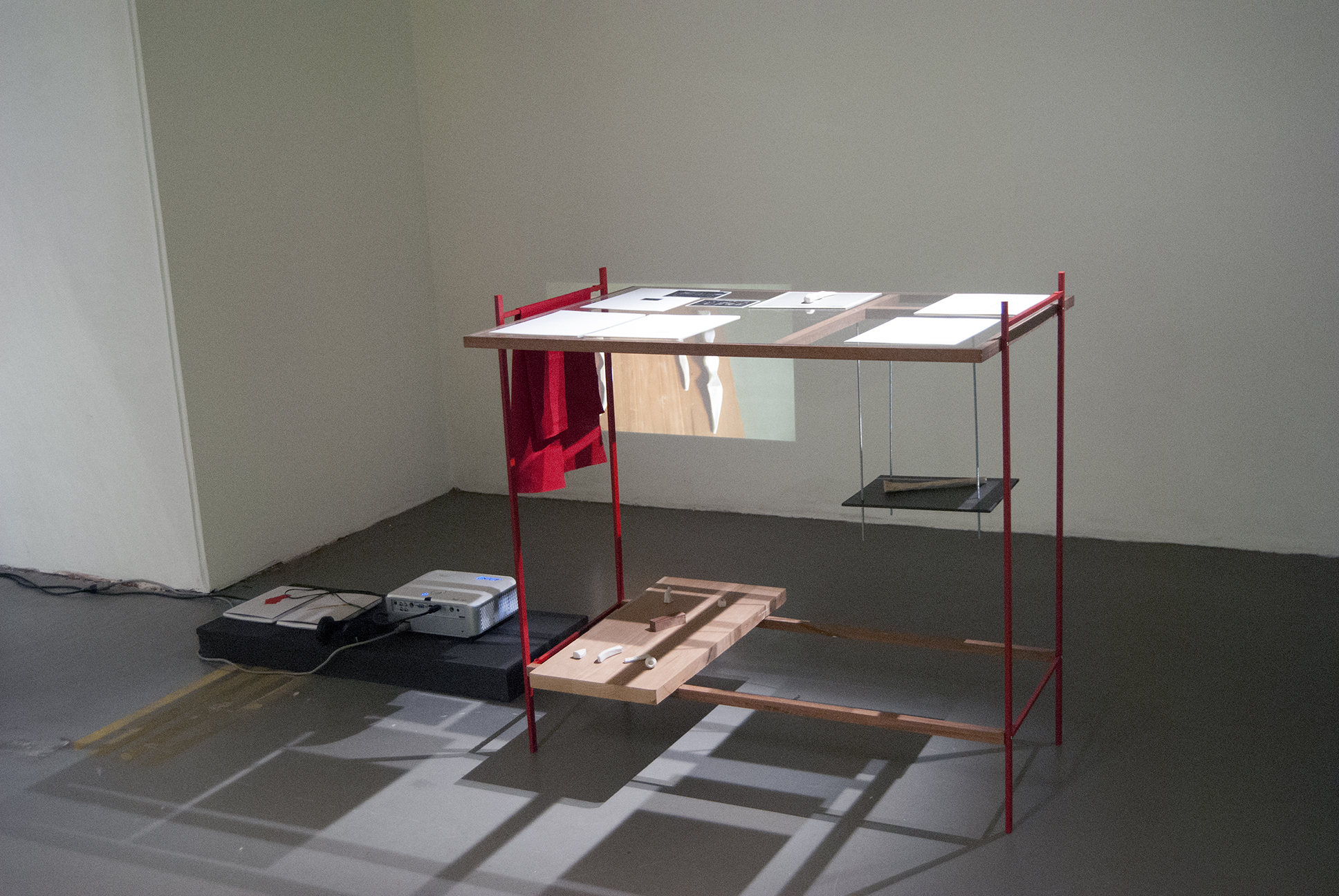
On Constellations: Reading through the Gaps; 2019;
Montage table, Installation of research elements and lecture-performance: digital print on paper, text, artist books, clay objects, wood pieces, acrylic paint, wood and MDF plates, video projection with audio; 90 x 80 x 110 cm (approximate measurements of the table).
︎︎︎ project featured in Metropolis M - Eindexamens 2019 Link
‘On Constellations: Reading Through the Gaps’
figures the most recent developments of my research on archival practice,
storytelling and the deconstruction of colonial narratives.
The research goes through a set of methodologies and experimental approaches to collections and archives reconsidering narratives and positions in history dominated by a Western hegemonic legacy. The work focuses on a collection of objects owned by some diplomat family members who worked and travelled in Portuguese former colonies. These items were acquired, used and collected through the years until their context and history becomes blurred. It is difficult to figure what they represent and what they stand for. They ghostly emerge, visible against a background in which a colonial history is present and not discussed. I approach this material and family narratives and deconstructs them in search of alternative readings / interpretations and power relations.
The research goes through a set of methodologies and experimental approaches to collections and archives reconsidering narratives and positions in history dominated by a Western hegemonic legacy. The work focuses on a collection of objects owned by some diplomat family members who worked and travelled in Portuguese former colonies. These items were acquired, used and collected through the years until their context and history becomes blurred. It is difficult to figure what they represent and what they stand for. They ghostly emerge, visible against a background in which a colonial history is present and not discussed. I approach this material and family narratives and deconstructs them in search of alternative readings / interpretations and power relations.
Were these
objects bought from local artisans in colonies or in a more complex market
system to please the occidental customers taste of ‘exotic’ cultures?
In which circumstances are these objects and images related? What do they mean in a family context or in a broader context? And when do these things become a collection?
When do they become an archive?
In which circumstances are these objects and images related? What do they mean in a family context or in a broader context? And when do these things become a collection?
When do they become an archive?

The point
here is not so much the historical veracity or correspondence, but the
narratives and storytelling empowered by this ‘reading’, the interaction and
interpretation between these links, images and stories. In this sense, the way
a country with a colonizing past teaches and represents history not
surprisingly is indeed shaped by a white, western and patriarchal lense. Not always
we recognize this legacy that subjugates other territories to oppression and
obliteration of their cultures, language and memory. It is important then, to
consider the possibilities of unlearning history or considering it from a
transhistorical point of view. The practice of storytelling and exploration of
narratives is a powerful tool for understanding history and reconsidering its
social contexts.
The research project revolves around the archive and explores methods on how to
treat this heritage. The items are handled using digital tools, the screen and
image manipulation leading to a digital catalogization. Nowadays archives are
left to digital drawers; they are asleep until someone looks for the right
keywords. This forms of catalogization leads to a certain prioritization of
importance, for example what is more important within an archive appears first.
Does this make some items more important than others? Does the order of the
archive prioritize some (hi)stories over others? Does it take the voice away to
some of them?
In this research project, I approach the concepts of archiving and colonial history, temporality and transhistoricity through a set of methodologies that provide alternative readings, new montages and glimpses of hidden narratives. It reveals gaps in knowledge.
In this research project, I approach the concepts of archiving and colonial history, temporality and transhistoricity through a set of methodologies that provide alternative readings, new montages and glimpses of hidden narratives. It reveals gaps in knowledge.
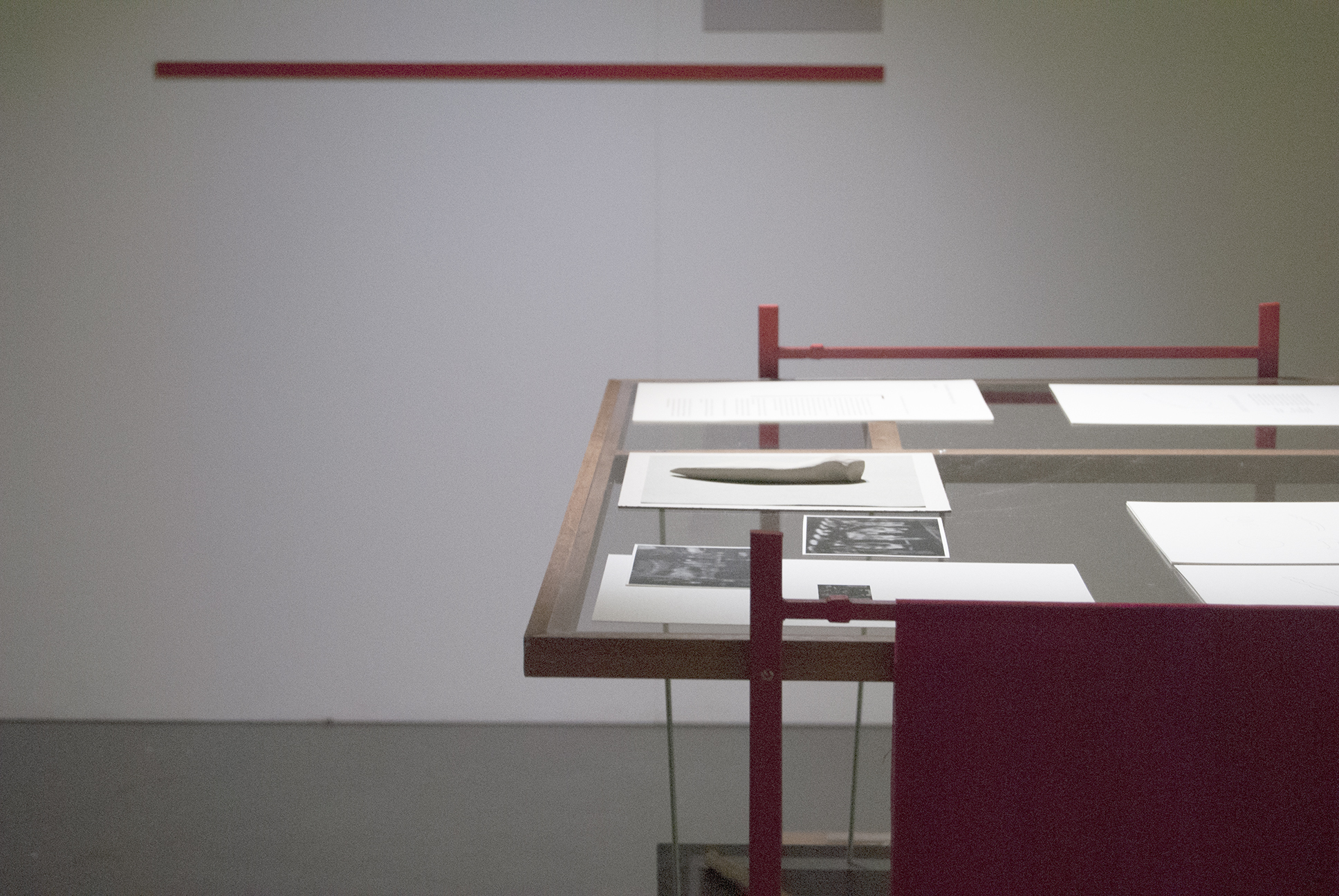


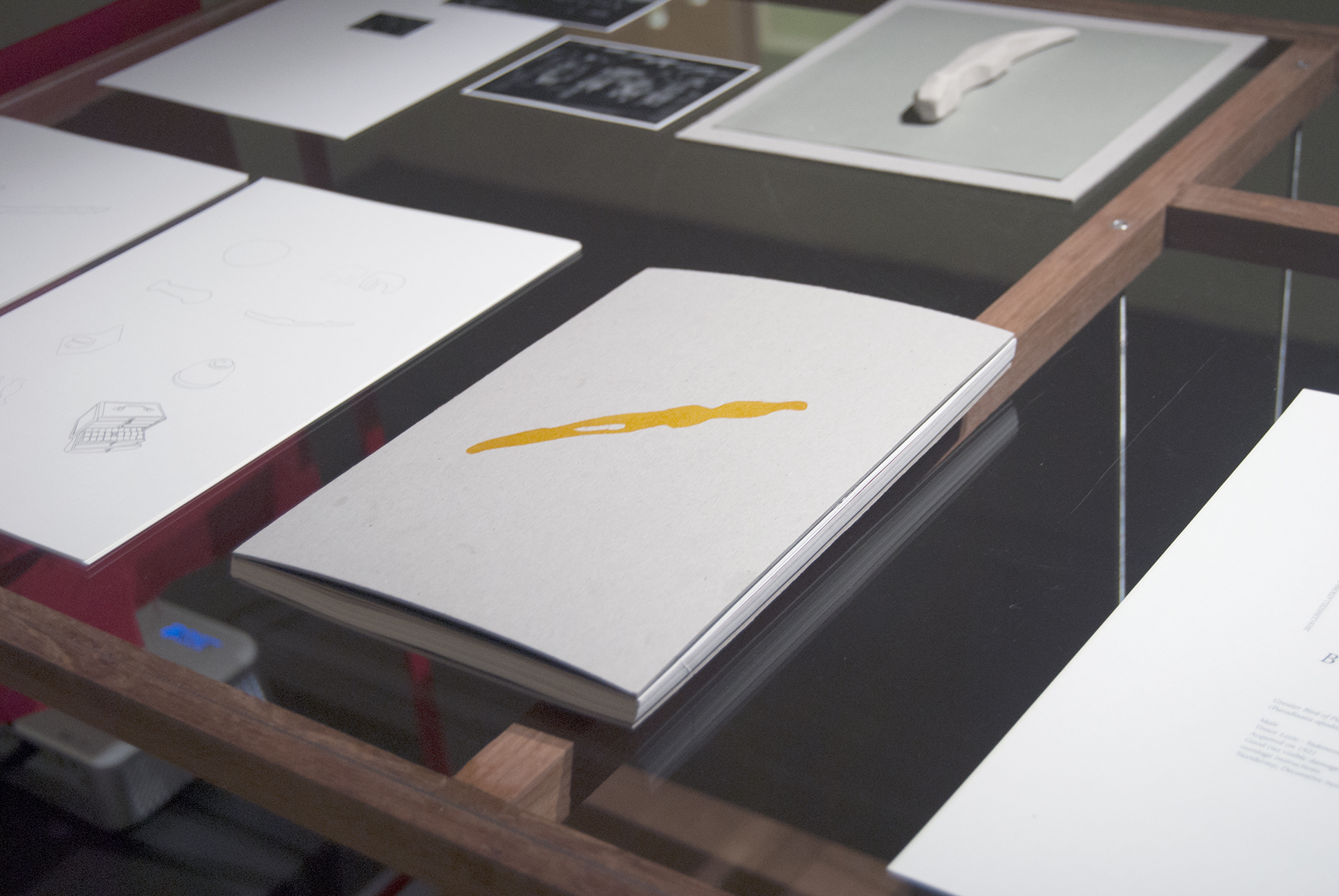
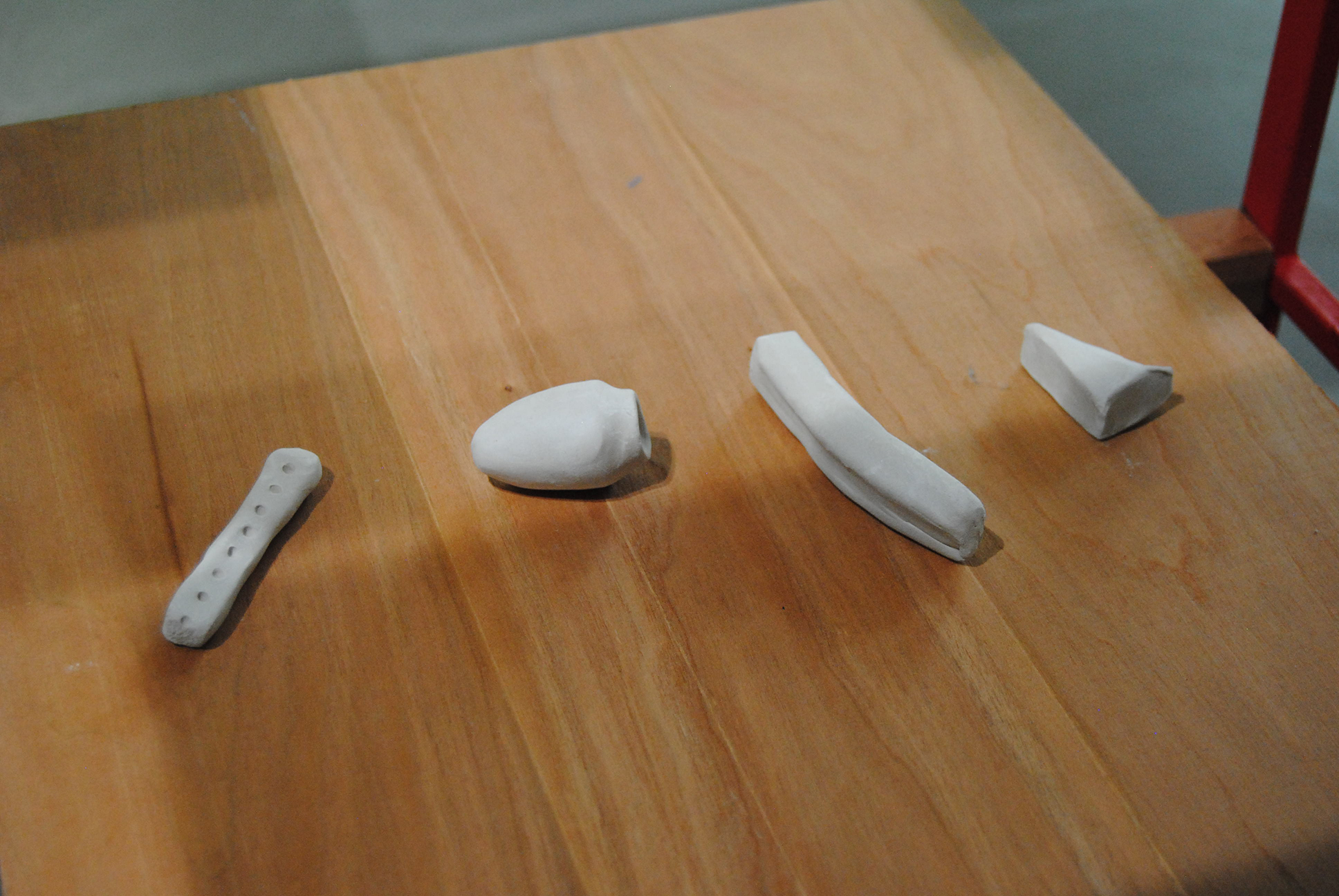
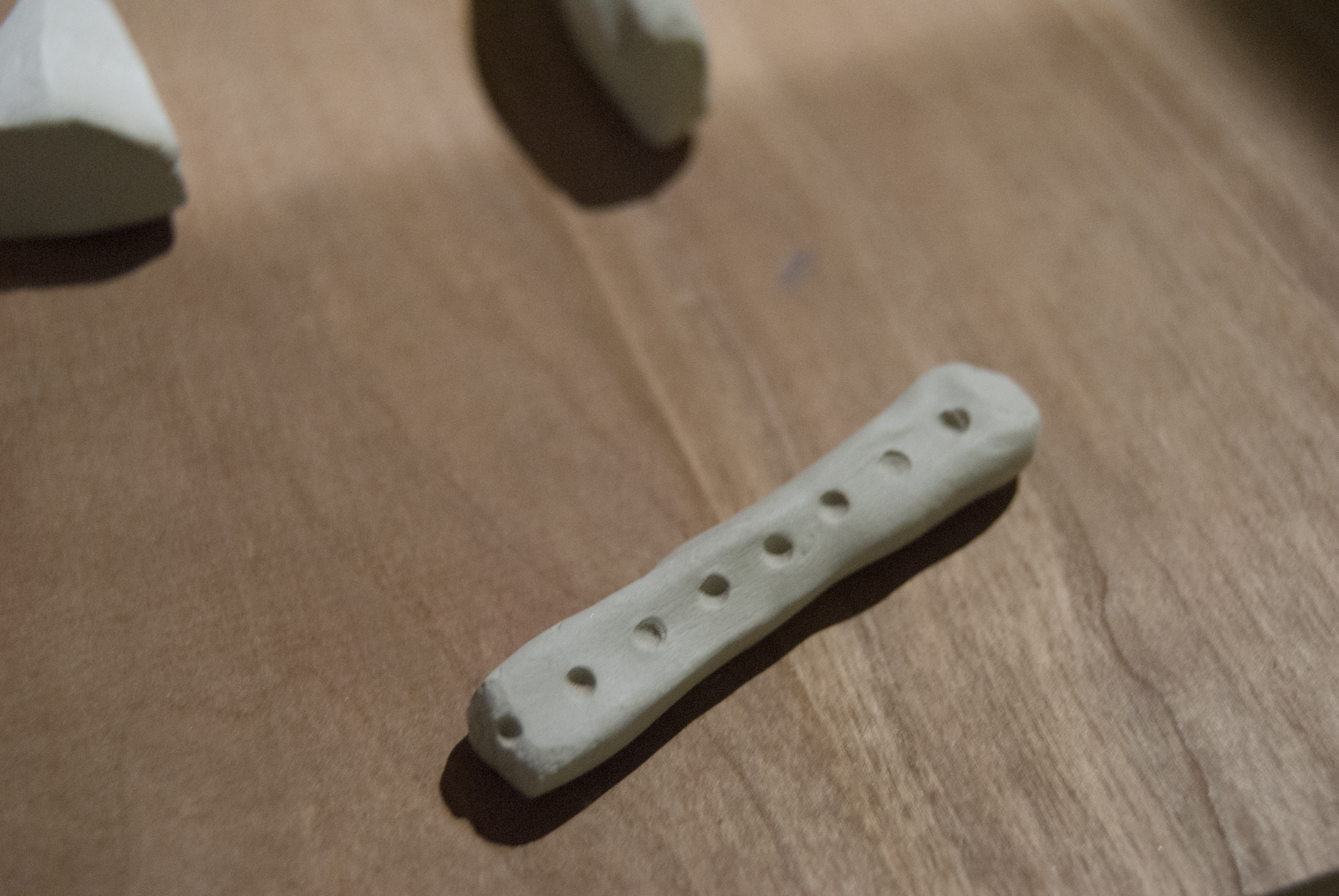

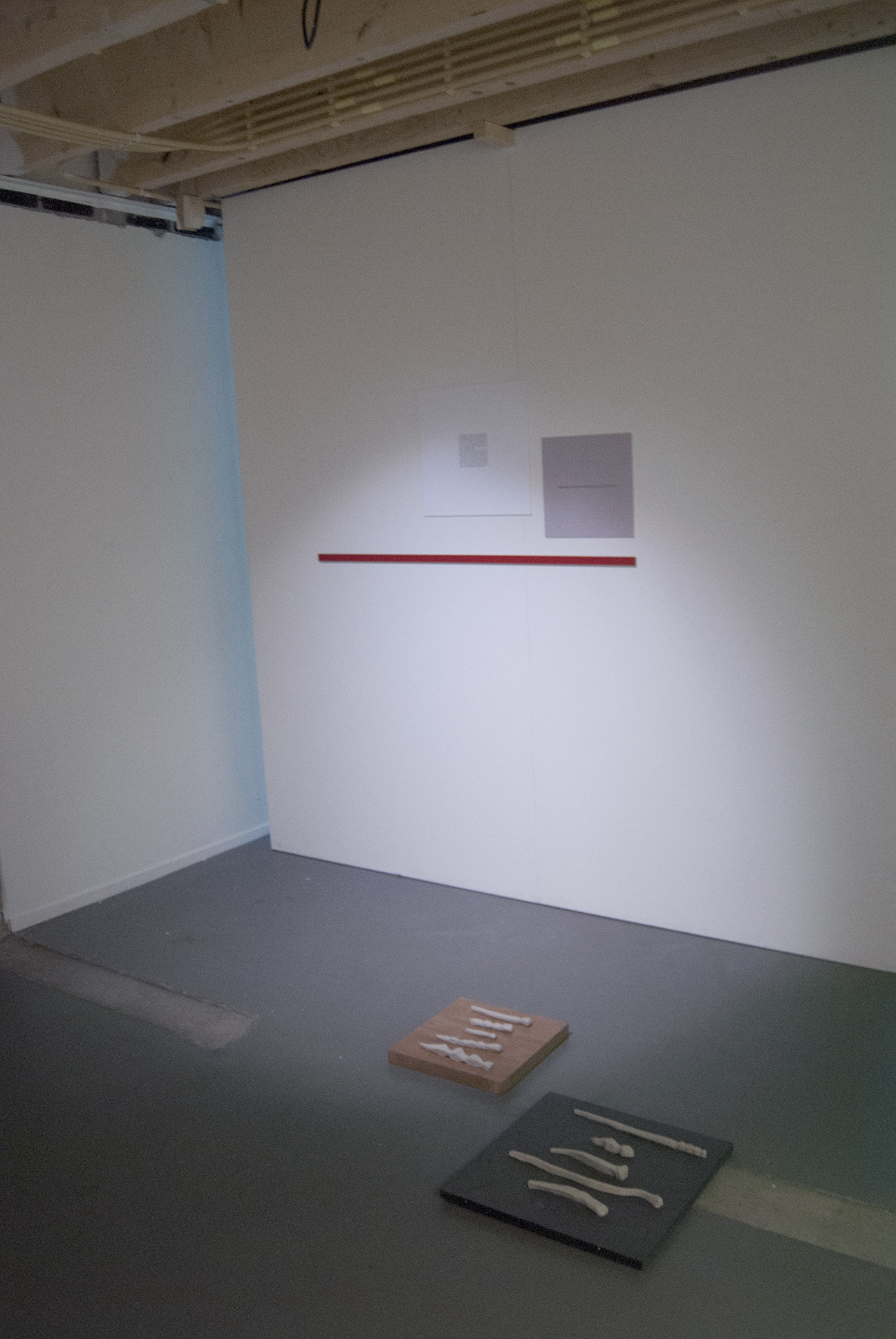
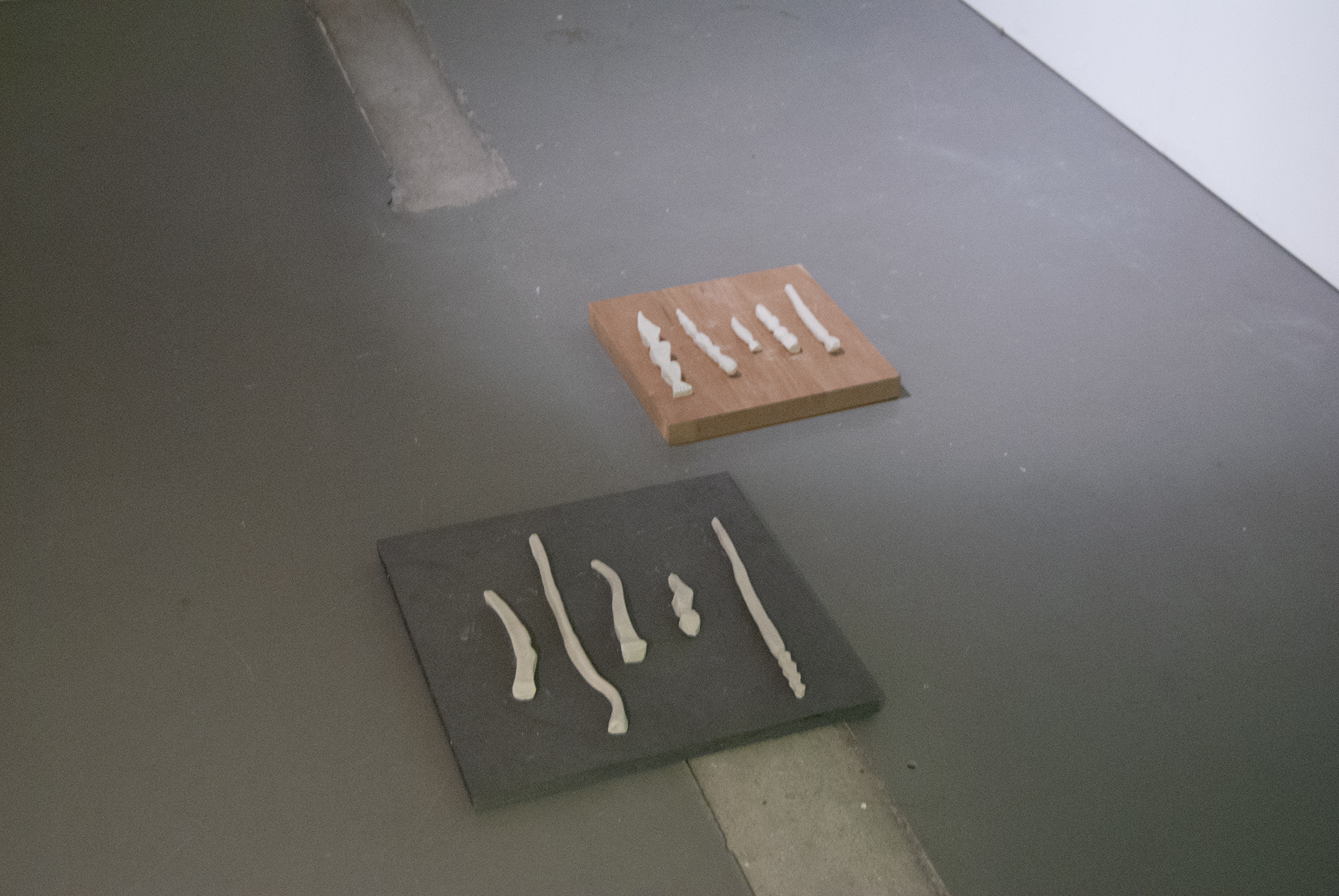

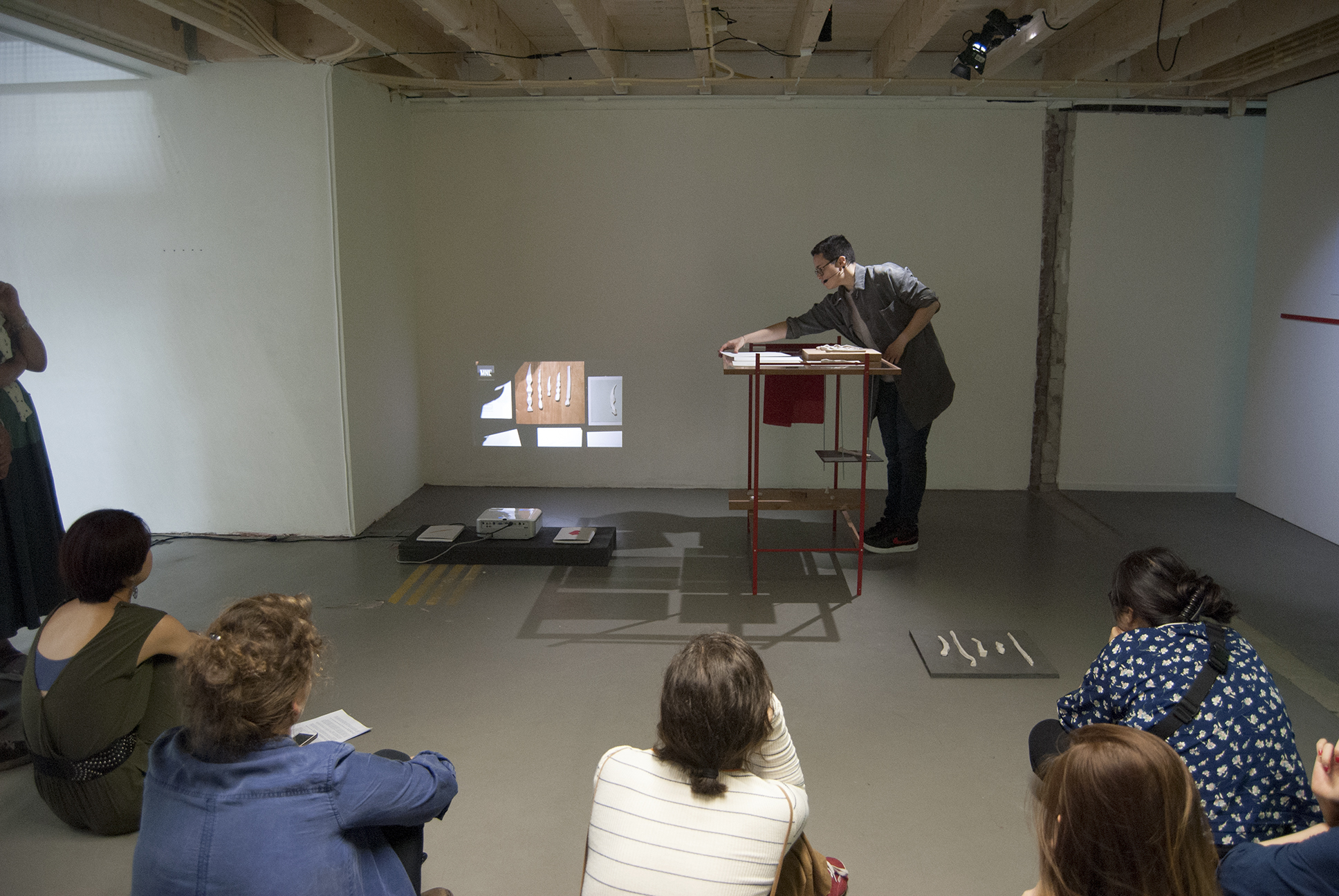

What stays
hidden? What is intentionally removed?
There are things that are left unsaid or unexplained.
Stories that lose their narrator. There are details left behind.
Objects that lose their function.
Images that do not fit anymore.
Regarding methodologies of research, the gathering of moments handling the material, the shuffeling and combining of images, the montage, a mixture of different media, writings and drawing etc., lead to a performative research. This thinking process brings to light possible new connections, novel narratives and an archival imaginary that is activated by its process.
There are things that are left unsaid or unexplained.
Stories that lose their narrator. There are details left behind.
Objects that lose their function.
Images that do not fit anymore.
Regarding methodologies of research, the gathering of moments handling the material, the shuffeling and combining of images, the montage, a mixture of different media, writings and drawing etc., lead to a performative research. This thinking process brings to light possible new connections, novel narratives and an archival imaginary that is activated by its process.
The nature
of an archive is inevitably fragmentary. The research developed uses this
fragmentary characteristic to explore what more there is to see and discuss.
The research opens up several questions and different entries for approaching
its topics. It also poses ethical question like, how to refer to these
histories without exploiting the erased? How to address these images and
objects? What do these representations imply? Does using these images
perpetuate a colonizing behaviour? Etc.
During my research process, I take up several of these questions, combining experimental research methodologies and its articulation with fragmentary narratives of collections and archives. The project investigates how a gap and the dimension of erasure can potentiate interpretations and superimpositions into novel narratives. The issues and problematics are manipulated by the installation of a constellation of images and a montage table, were a performative lecture takes place, intervening live with the material, its references and its reading.
During my research process, I take up several of these questions, combining experimental research methodologies and its articulation with fragmentary narratives of collections and archives. The project investigates how a gap and the dimension of erasure can potentiate interpretations and superimpositions into novel narratives. The issues and problematics are manipulated by the installation of a constellation of images and a montage table, were a performative lecture takes place, intervening live with the material, its references and its reading.
Ana Linhares



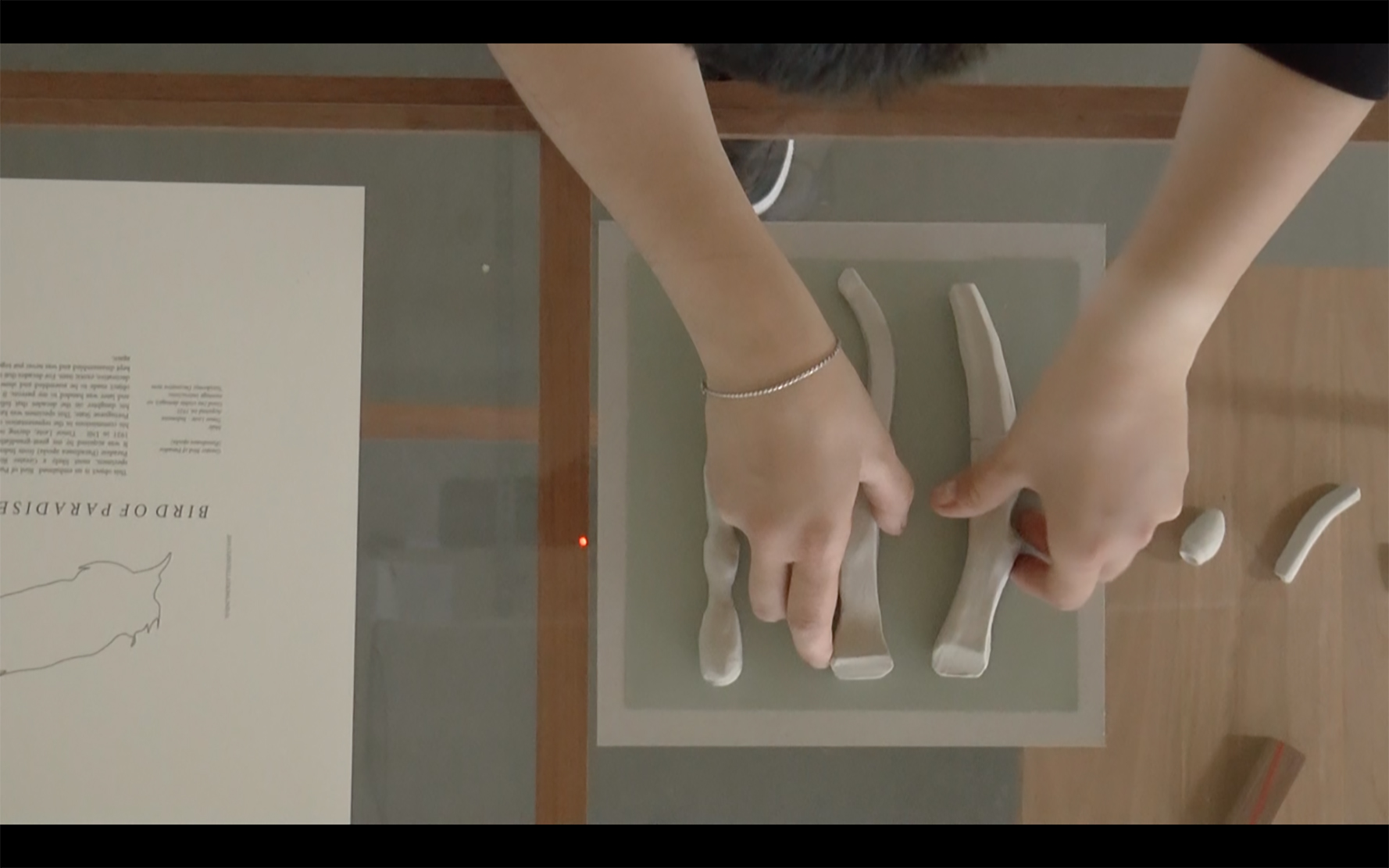
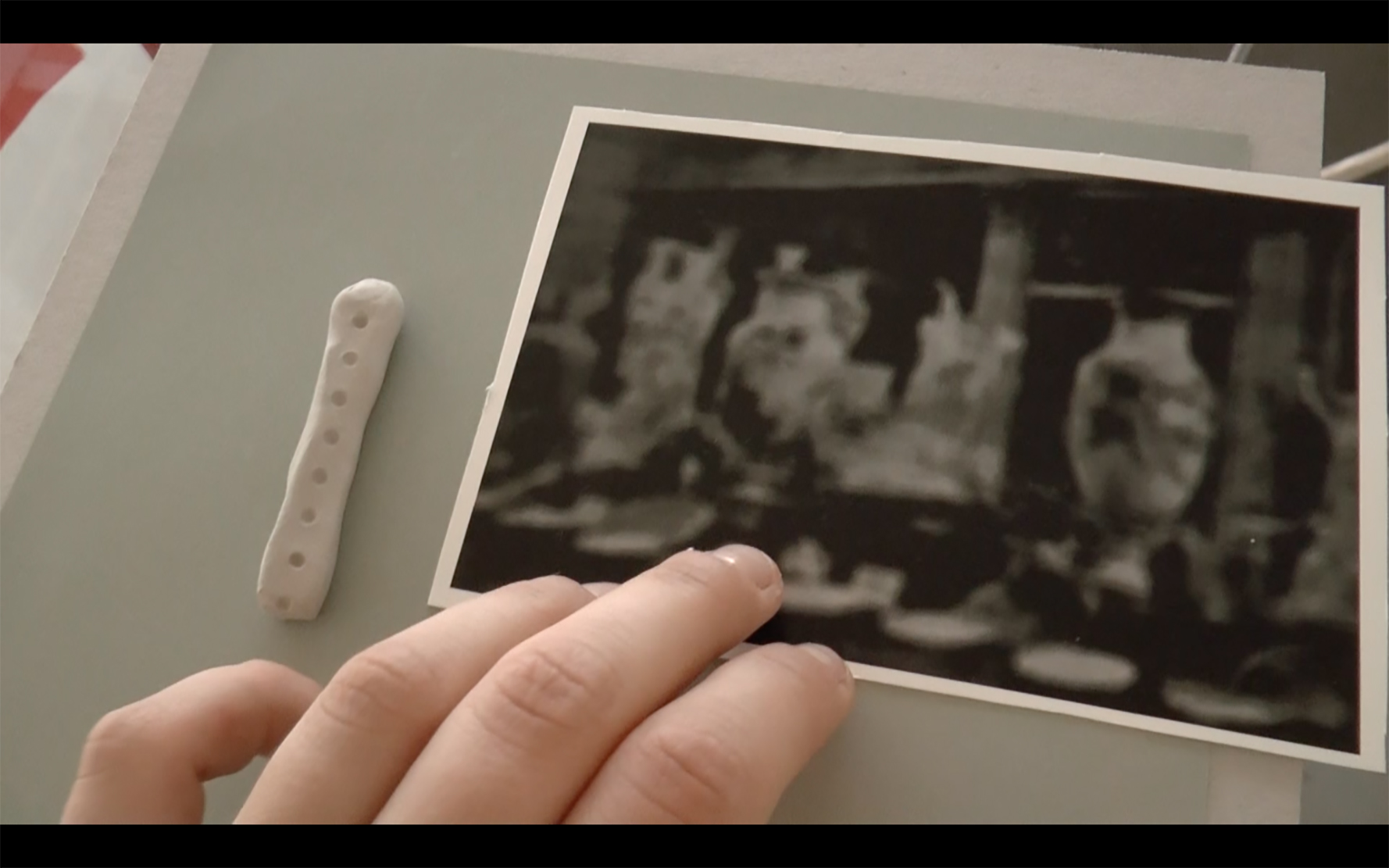

video stills
Project supported by
